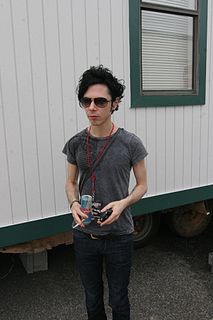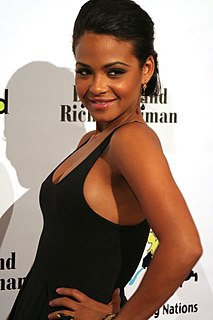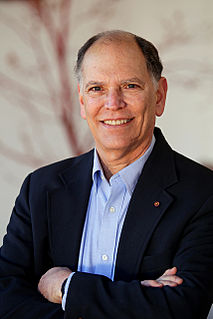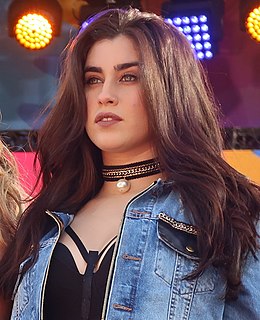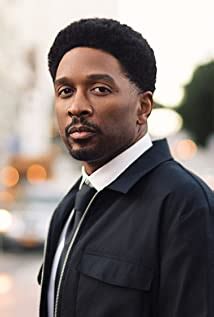A Quote by Charlamagne tha God
I feel like we're in the era now where politics is pop culture. Everybody has an opinion that's politically based. We see what the Trump administration has done, and I've never seen my culture this engaged in the political process.
Related Quotes
I feel it's my social responsibility to shine a light on areas that don't get seen. My personal feeling is that it's an artist's responsibility to be engaged with the culture. And when the culture is going through turmoil, I think an artist can't ignore that. I don't feel that every artist has to be politically engaged, but I can't imagine that you can be an active participant of this culture and not in some way reflect that in the work you are creating.
'We Are Pop Culture' is my clothing line for women that started with just T-shirts. The clothing line is urban street wear. It's for women that feel confident in their own skin and want to express themselves. The whole idea is to play with modern pop culture and previous pop culture using art and sayings.
I don't feel that there is anything deep in the political culture that prevents "educating the masses." I'm old enough to recall vividly the high level of culture, general and political, among first-generation working people during the Great Depression. Workers' education was lively and effective, union-based - mostly the vigorous rising labor movement, reviving from the ashes of the 1920s. I've often seen independent and impressive initiatives in working-class and poor and deprived communities today.
We will continue to address things, but in as much as I want to talk about politics as they are related to social media, I don't necessarily want to be a political show. I want it to cover everything, everything in our culture through social media, politics, pop culture, entertainment, science, everything.
I write characters focusing on them as human beings, and then you wrap them within a culture. So I think I can connect with him as a person with brown skin who's viewed differently by the world. In terms of his culture, we're thinking about where we are locating Wakanda within the continent, and what the people and history of that region are like. It's a process of investigation to help inform the story at this point. But we are going to be engaged with consultants who are experts on the continent and on African history and politics.



